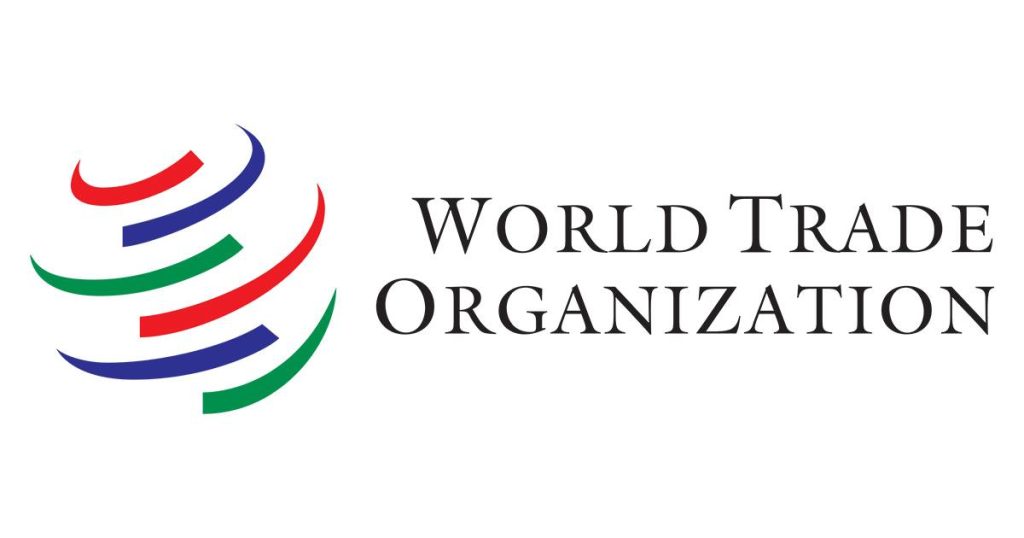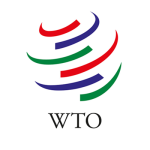On 1st January, 1995, the World Trade Organization replaced GATT. The reasons for GATT being replaced by the WTO are the following.

● GATT was only a provisional arrangement. It lacked the qualities of an international covenant, and it could not ensure the enforcement mechanisms. GATT could do nothing in case of a bilateral trade-agreement failure. There were rules set for enforcement by GATT, but there was no mechanism for its application.
● GATT’s jurisdiction was applicable only to product-transactions. Due to globalization, services and technologies became a major part of international investments and trade.
● Limitations and restriction on dispute settlement systems of GATT also made it vulnerable to challenges. GATT required a fully positive consensus in the GATT Council to propose the dispute to the panel. Many countries often objected in dispute settlement cases related to discrimination.
● Moreover, GATT’s rules were not sufficiently strict and their execution was very hard to practice. Many participating parties tried to bend the rules of GATT in their self-interests, and GATT could not verify and inspect these issues.
● Finally, there were some influences of powerful nations in some historical multilateral rounds. Starting from the Geneva Round till the Uruguay Round, national sovereignty was present in the multilateral negotiation rounds.
The WTO was a natural demand of the times for a holistic development of economies.


